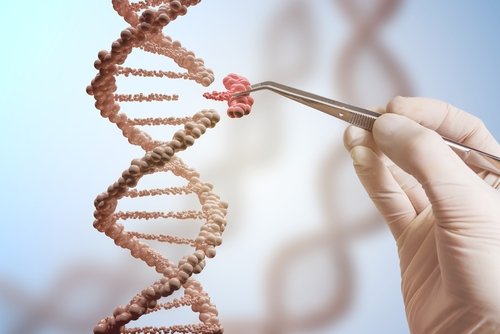FDA Advisory Committee to Meet with PTC over Nonsense Mutation DMD Therapy Translarna
Written by |

The U.S. Food and Drug Administration (FDA) scheduled a Peripheral and Central Nervous Systems Drugs Advisory Committee meeting with PTC Therapeutics to review the company’s new drug application (NDA) for Translarna (ataluren) to treat patients with nonsense mutation Duchenne muscular dystrophy (nmDMD). The meeting will take place on Sept. 28, the company said in a press release.
The FDA granted Translarna standard review last March and assigned a target date of Oct. 24, 2017 for the agency to complete the NDA review.
In the European Union, Translarna received conditional marketing approval in August 2014 for the treatment of patients 5 and older with nmDMD. The approval was renewed last January.
To support the NDA and to renew Translarna’s conditional marketing approval, regulatory agencies have requested PTC to conduct a new 18-month clinical study assessing the drug in nmDMD patients, followed by an open–label extension period of 18 months. Results are expected in early 2021.
This new study should have a size similar to ACT DMD, a multicenter, randomized, double-blind Phase 3 trial, (NCT01826487), that evaluated the safety and effectiveness of Translarna in 228 DMD patients ages 7–16 in 18 countries.
Patients in the ACT DMD trial were randomly assigned to receive either Translarna or a placebo for a period of 48 weeks. Results reported in late 2015 showed the drug induced significant therapeutic benefits in patients’ physical function, pulmonary function, and other important clinical and laboratory parameters, as measured by a 6-minute walking test, the North Star Ambulatory Assessment test, and several other timed function tests.
Translarna is an oral, first-in-class, protein restoration therapy that enables the formation of a new and functional protein in patients with genetic disorders like nmDMD that are caused by nonsense mutations, a modification in the genetic code that stops the synthesis of an essential protein. The resulting genetic disorder is determined by which protein cannot be fully expressed and is no longer functional in DMD, such as dystrophin. Translarna has been showing promise for preserving lung function and slowing disease progression in non-ambulatory patients with nmDMD.





